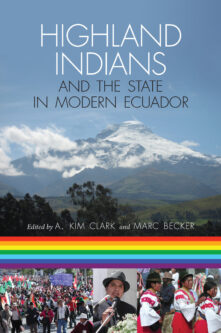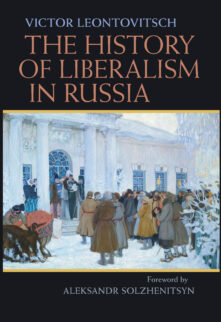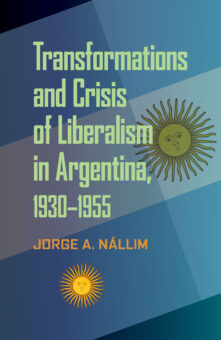Books
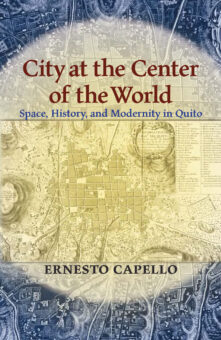
City at the Center of the World
Space, History, and Modernity in Quito
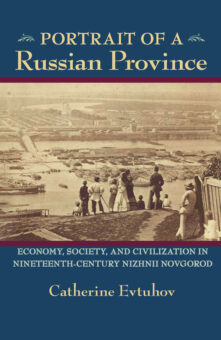
Portrait of a Russian Province
Economy, Society, and Civilization in Nineteenth-Century Nizhnii Novgorod
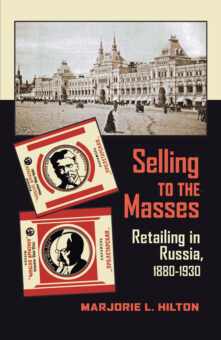
Selling to the Masses
Retailing in Russia, 1880–1930
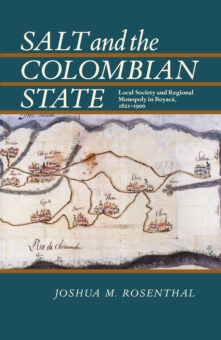
Salt and the Colombian State
Local Society and Regional Monopoly in Boyaca, 1821-1900
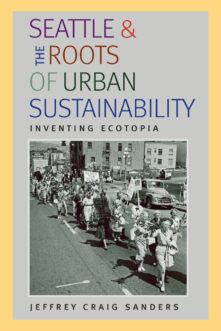
Seattle and the Roots of Urban Sustainability
Inventing Ecotopia
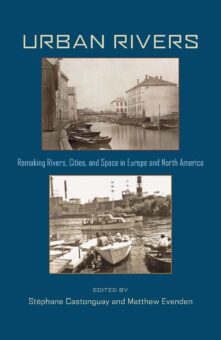
Urban Rivers
Remaking Rivers, Cities, and Space in Europe and North America
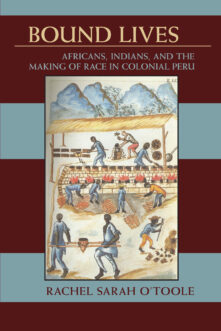
Bound Lives
Africans, Indians, and the Making of Race in Colonial Peru
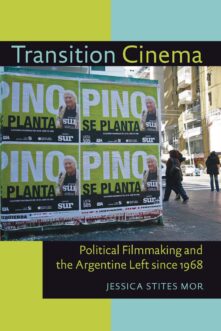
Transition Cinema
Political Filmmaking and the Argentine Left since 1968
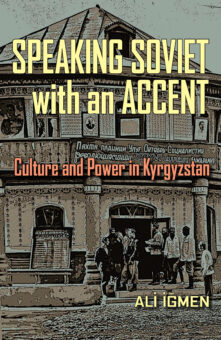
Speaking Soviet with an Accent
Culture and Power in Kyrgyzstan
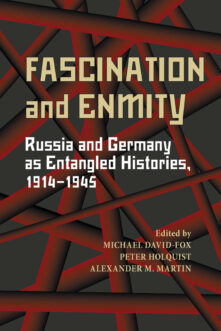
Fascination and Enmity
Russia and Germany as Entangled Histories, 1914–1945
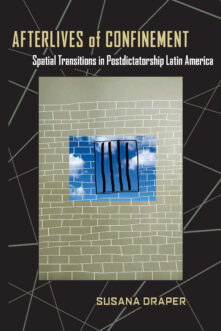
Afterlives of Confinement
Spatial Transitions in Postdictatorship Latin America
Total 205 results found.


